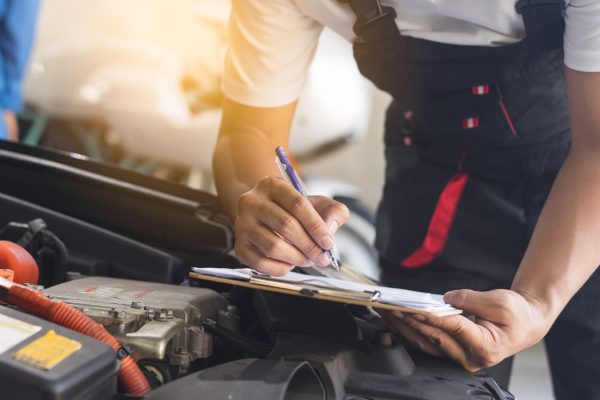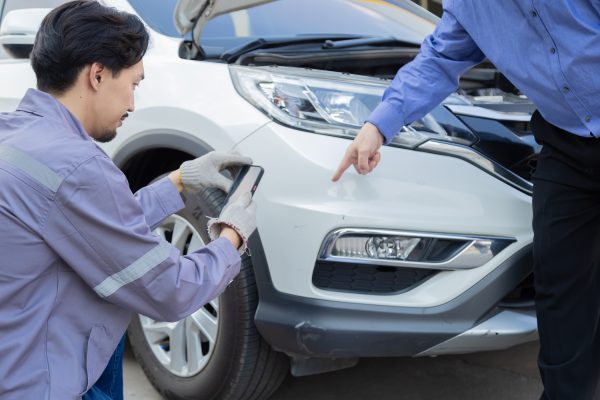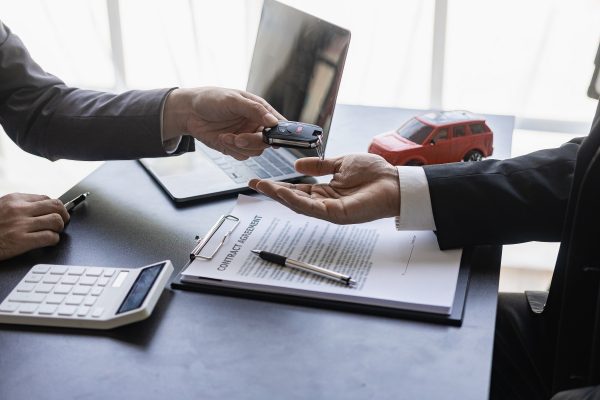Many dealerships will have a policy on when to allow goodwill repairs. Goodwill repairs may be offered because the warranty has just run out, the problem is recurring due to user error, or because the customer is a complainer. Most customers will accept these gestures for what they are.
But there is always the one customer who is looking for all they can get and will take advantage of your generosity.
There is a danger that a goodwill repair to an issue that was perfectly satisfactory at the point of sale or has been presented to you as being listed under the Consumer Rights Act, gives the customer the impression the issue is the dealer’s responsibility and there was a problem with the vehicle when they bought it.
By making a repair, you are taking ownership of the problem. The repair needs to resolve the issue brought to you in the first place or else you may be pursued on the basis that your repair caused the fault that is now being complained about. A goodwill repair can infer an extension to the warranty or that there is a warranty on the new parts. If you believe the issue has been caused by the customer’s use or modification, your repairs can mask the true cause of the original problem and make it difficult to prove further down the line.
If legal proceedings are issued, goodwill repairs can also make it more difficult to argue there was nothing wrong with the vehicle when first purchased. Judges do not need too much persuading to conclude that a vehicle was faulty at the point of sale.
This does not mean that goodwill repairs should not be carried out. They are an important tool in generating repeat custom, especially as for many consumers how a complaint is dealt with can say far more than how the sale was dealt with. However, it is important you document your decision by making it clear it is a goodwill repair – it is not under the warranty, there is no warranty for any new part(s) provision, and it is in no way an admission the vehicle has any defects or issues.
If you have any questions, contact the Lawgistics legal team on 01480 455500.

Impression works with businesses across the automotive aftermarket supply chain such as parts suppliers, warehouse distributors, motor factors and independent garages. Covering all aspects of automotive aftermarket marketing, including social media, event management, customer newsletters and PR, Impression is able to quickly establish itself within a client’s business and work towards their objectives.








